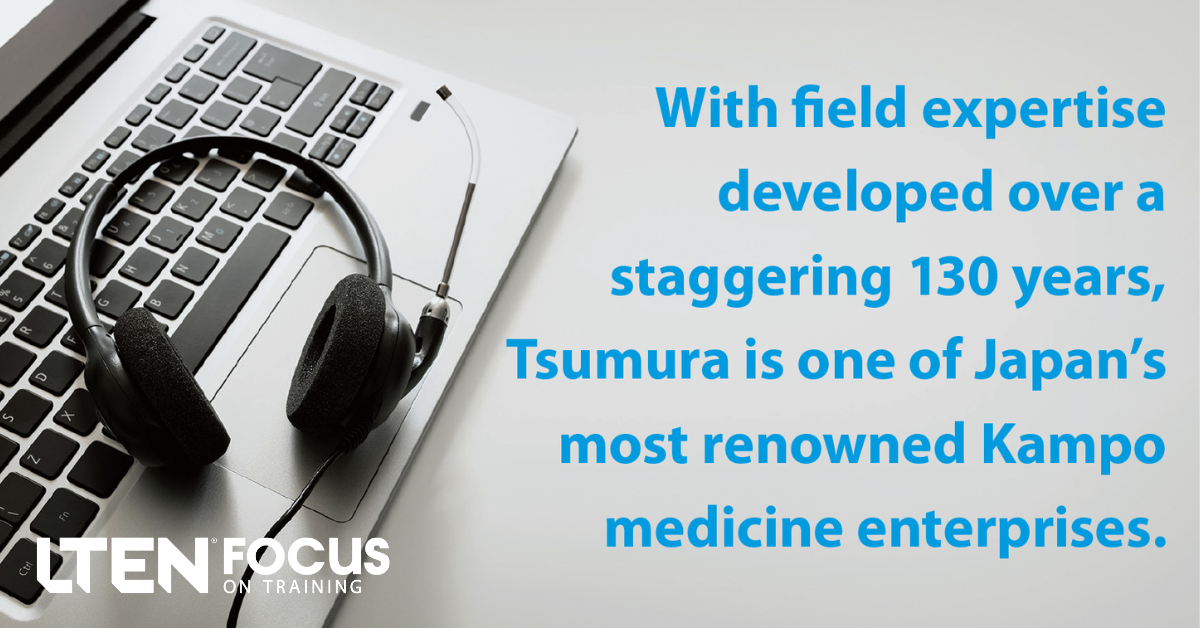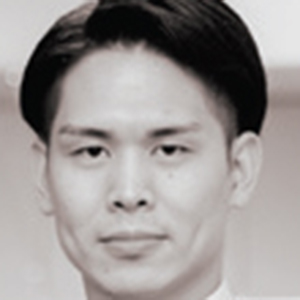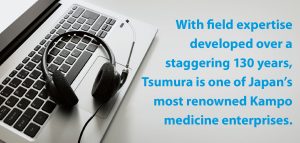
Technology – By Sara Saiz Pozo, Tyler Zeeman and Yukiomi Kaburaki
Digital tools helped shift to an output focused approach
More and more companies, even the most traditional ones, are embracing new technologies to step up their training game. Tsumura & Co., a Japanese company with a long history in the traditional herbal medicine field, has revolutionized employee training in partnership with UMU.
With the help of new digital tools, their training strategy shifted from input-heavy, passive learning based on attending lectures and reading documents, to a much more output-focused approach. This new approach encourages autonomous practice and the consolidation of product knowledge by using one’s own words to explain to others what has been learned.
The flexible, self-paced training model has been met with enthusiasm from new medical representatives (MRs) and trainers alike. Not only does it facilitate tracking progress, but the strong emphasis on peer-to-peer learning is reshaping the learning experience and greatly boosting knowledge retention. The efficacy of this training approach is evident, as within a year of its implementation, all new trainees in the program aced the yearly mock exam with nearly perfect scores.
A Pillar of Traditional Kampo Medicine
Kampo medicine is a traditional Japanese therapeutic practice that involves the use of natural substances, including herbs, for the prevention and treatment of illnesses. Derived from Chinese traditional medicine and adapted to the climate and local habits in Japan, Kampo medicine emphasizes the holistic treatment of the patient, focusing on the interrelationships between the body, mind and environment. It is widely used in Japan and is well integrated into the country’s modern healthcare system.
With field expertise developed over a staggering 130 years, Tsumura is one of Japan’s most renowned Kampo medicine enterprises, accounting for more than 83% of the domestic market share in Kampo formulation.
Their main company goals are to raise awareness of Japanese traditional herbal medicine, to spread knowledge about its health benefits and to promote and uphold this important aspect of Japan’s traditional culture. To achieve all these, new MRs at Tsumura need to acquire a profound understanding of the product and be able to convincingly communicate its benefits to doctors.
Last-Century Training Prior to Going Digital
Tsumura’s previous training methods — often in the form of long lecture-like courses from their field experts, with a hefty dose of document reading — fell short of practice opportunities that would allow trainees to retain knowledge and showcase what they had learned. The passive learning experience offered little room for interaction between lecturer and learners, or for knowledge exchange among trainees.
Its primary goal was to prepare new employees for the September yearly mock exam. Therefore, it was not effectively oriented toward knowledge application in a real job scenario, where MRs have to explain Kampo products in detail and with confidence to potential buyers.
The biggest pain point for the Tsumura education and training division was that it could not effectively track trainees’ progress, or measure the effectiveness of their own initiatives.
Upon reinventing their training program, Tsumura found significant progress with an output focused approach based on the learning pyramid theory, developed by the National Training Laboratories (NTL) Institute for Applied Behavioral Science. That theory suggests that the best way to retain knowledge is by explaining it to others.
But it was the adoption of a digital learning platform that further enabled this new practice by making it scalable through time and space, offering additional learning opportunities before, during and after formal training events. Of course, it also presented an efficient solution to the issue of tracking progress and measuring effectiveness.
The Shift to the Digital Training World
In 2021, 10% of the trainees consistently failed to achieve above-average grades in the yearly mock exam. Yet only a year after implementing their new digital learning solution, the entire latest cohort of Tsumura trainees recorded passing grades, with most of them obtaining an A.
Training now consists of a combination of input and output, with a strong emphasis on the latter to ensure knowledge retention. New MRs watch short videos, each followed by an opportunity for output in which they have to write down bullet-point summaries of the content.
Then, retention is tested immediately via online quizzes. If a question is answered incorrectly, it is automatically saved in each MR’s question bank on Tsumura’s online platform for later practice, to be accessed anytime, anywhere and from any device. That too, was a significant improvement compared to the traditional “sticky-note flashcard” method.
But when it comes to output exercises, the real game changer for Tsumura’s training division was the use of a digital sales presentation training tool enabled by artificial intelligence (AI). After learning the required contents, trainees were asked to record themselves explaining Tsumura’s products in their own words. In some exercises, trainees also had to talk about the questions they had gotten wrong in quizzes and which parts they found most difficult.
Through AI, trainees were provided with invaluable insights on their own output and performance. Any time an exercise is submitted, the AI tool instantly generates a full performance report, covering both verbal and nonverbal communication dimensions, as well as including a speech-to-text transcript and a keyword score.
This AI report immensely facilitated the evaluation process, which was open to both formal trainers and peers alike. The presence of “peer evaluators” ultimately led to a more collaborative learning experience in which knowledge was democratized and shared by co-workers who were training at the same time. In this new transparent training environment, Tsumura found that MRs stayed competitive and had a better incentive to make further contributions to the company’s “collective knowledge.”
AI helped Tsumura Group achieve a fully scalable, standardized training program. This is true of both the quality of practice opportunities given to MRs, and the overall productivity of instructional designers.
Tsumura decided to substitute instructor-led training in part with an AI video generation tool, cutting down in-person lectures and preparation time from 320minutes to 110, in an unparalleled push to unburden trainers. This shift toward self-directed learning in turn gave way to more Q&A time and follow-up discussions during live events.
By facilitating an output-centered training model via video recording, Tsumura effectively made it possible for new MRs to practice to their heart’s content.
Trainees were given the autonomy to learn at their own pace, being able to access training materials anytime, anywhere, and improve their performance based on the instant AI feedback they received. Securely stored on their new digital platform, this feedback made tracking growth, development and effectiveness a much easier task.
Future-Ready Training & Traditional Wisdom
Tsumura’s implementation of a digital learning platform highlights the successful modernization of their training program, with results indicating enhanced training efficiency and employee performance.
The adoption of an AI-powered sales presentation practice tool for their training programs has ushered in a transformative and highly scalable phase for the organization. It also enabled Tsumura to create a healthy environment of knowledge-sharing and collaborative learning where peers can offer advice and learn from one another.
Their experience undoubtedly sets a positive precedent for other organizations looking to bring employee training methods into the new tech era.


 Sara Saiz Pozo, sarasaiz@umu.com, is European program director at UMU. Tyler Zeeman, tylerzeeman@umu.com, is U.S. sales director at UMU. Yukiomi Kaburaki, yukiomi.kaburaki@umu.co, is Japan life science sales leader at UMU.
Sara Saiz Pozo, sarasaiz@umu.com, is European program director at UMU. Tyler Zeeman, tylerzeeman@umu.com, is U.S. sales director at UMU. Yukiomi Kaburaki, yukiomi.kaburaki@umu.co, is Japan life science sales leader at UMU.









